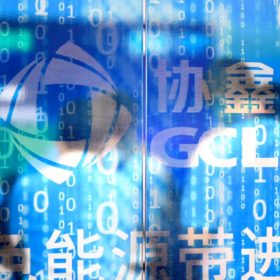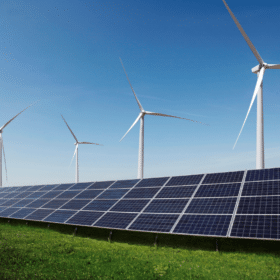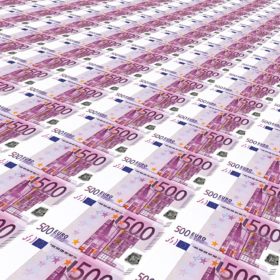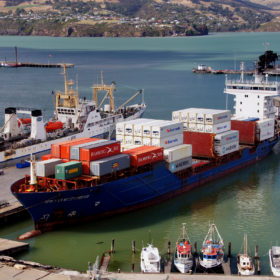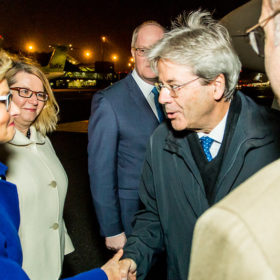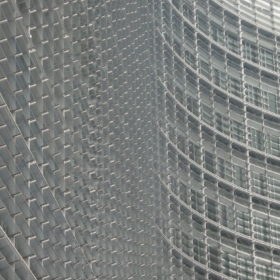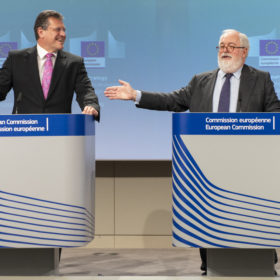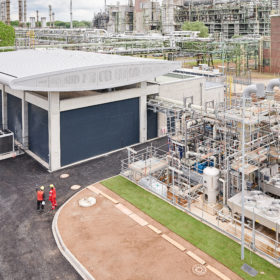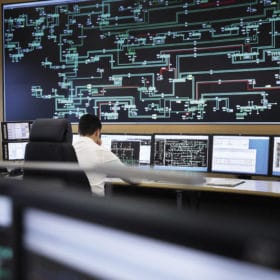The Hydrogen Stream: GCL will use Ethiopian natural gas to feed its ammonia and blue hydrogen
Plus there is news this week of a green hydrogen tie-up in India, plans for another German production facility, and of new hydrogen transport networks for Switzerland and the U.S.
European Commission approves France’s €30bn renewables incentive program
Paris intends to secure 34 GW of solar, onshore wind and hydroelectric generation capacity by 2026 by offering generators premium payments – determined by competitive reverse-bidding among developers – to top-up the market electricity price.
Maxeon secures EU cash to make its ‘stick-on’ solar panels in France
The TotalEnergies-controlled solar manufacturer will secure an, as yet undetermined chunk of a new €118.6 million low-carbon innovation fund to start producing its frameless, glass-free solar roofing products at Porcelette, in northeastern France.
The Hydrogen Stream: Air Liquide eyes South Korea as Cummins announces fuel-cell truck plans
With Australia prepping plans for vast green hydrogen and ammonia production facilities, two of the country’s state governments are trying to drum up the end-user market as agreements are signed to drive use of the gas in Ukraine and Poland.
Importers could pay EU carbon tax from 2026
European commissioner for economy Paolo Gentiloni has outlined how the commission’s planned revision of the energy taxation regime, and introduction of an EU carbon border, could be applied.
‘Fit for 55’ could be fit for 660 GW of solar this decade
While trade group SolarPower Europe has welcomed the EU’s emissions-reduction legislative package, it renewed calls for solar and energy storage to be mandated on buildings and urged policymakers to go even further than the stated ambition for clean power to fire 40% of European electricity by 2030.
Xinyi suffers setback in EU anti-dumping case
The Chinese solar glass maker, which claimed a positive legal judgement in the European General Court in 2019, is now likely to have that victory set aside by the European Court of Justice, with an advocate-general saying the company benefited from an income tax regime which may have unfairly distorted its operations.
Expansion of battery training courses into France could benefit 150,000 workers by 2025
The ‘EBA250 Academy’ battery technician, engineer and researcher skills courses offered in Spain by EU body EIT InnoEnergy will also be rolled out in France, after approval from Paris.
The Hydrogen Stream: Ineos to invest £25m in HydrogenOne fund as Shell fires up its 10 MW electrolyzer
Plus, the Norwegian government is set to devote €2.5 million into a joint venture trying to develop liquid organic hydrogen carrier solutions for shipping by the middle of the decade.
The weekend read: Probes confront EU renewable energy market barriers
The European Commission’s antitrust investigation into EPEX Spot has revealed barriers for the integration of renewables in wholesale power markets. Challenges appear in a range of European marketplaces, but investigations and reforms appear to be clearing barriers to entry.
